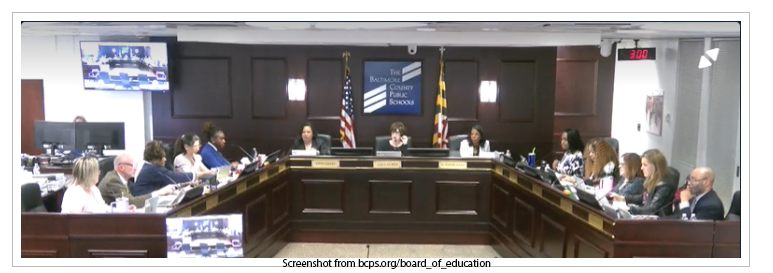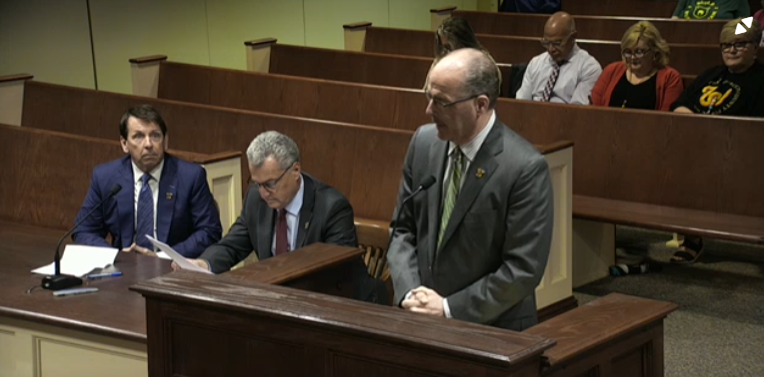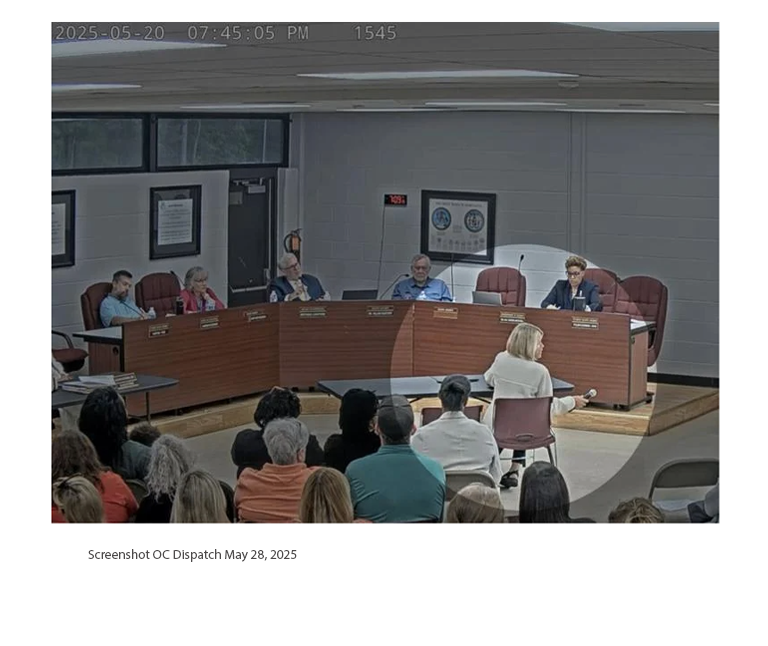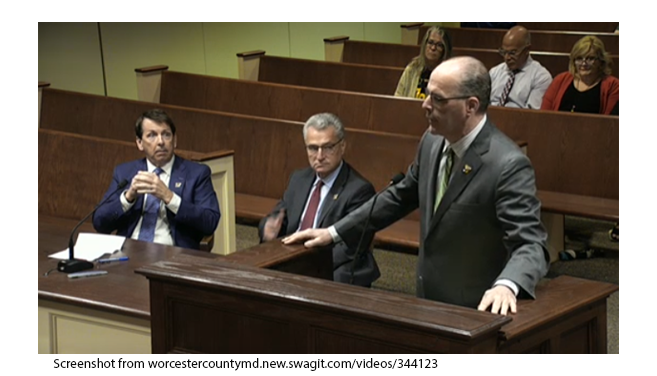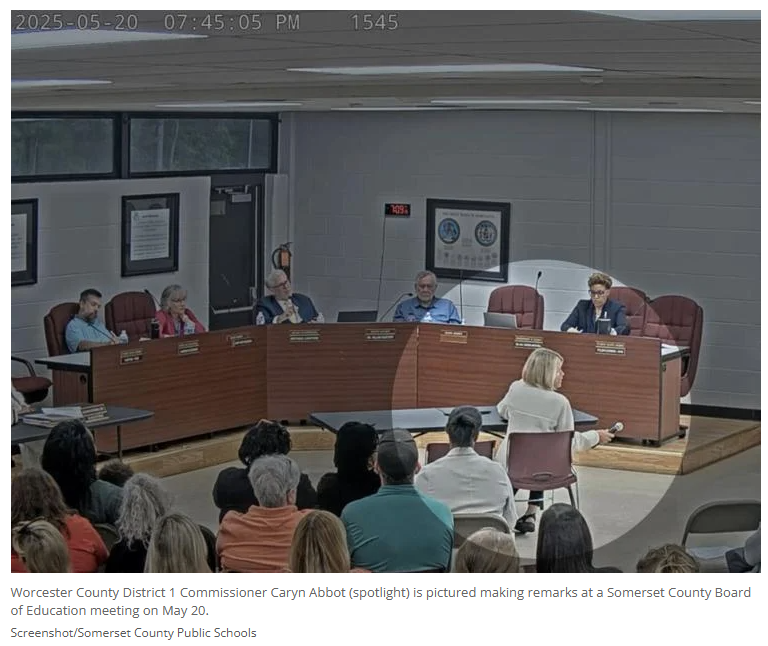
How Can You Tell What Students Need to Succeed at School? Ask Them
Some district leaders might balk at handing over control of the budgeting process to students. Cyndi Tercero-Sandoval, one of Education Week’s 2023 Leaders to Learn From, isn’t one of them.
Over the past couple of years, the 28,000 students who attend the Phoenix Union High School District in Arizona have been pitching ideas for how to spend $500,000 in school safety funds the district has available after it canceled its $1.2 million contract with school resource officers in 2020.
Tercero-Sandoval has been giving students a vote on budgeting decisions at the school level for almost a decade. But this was her first district-level effort—and in fact, the first such effort in the country.
She wondered how they’d respond. Would they want more security guards? Weapons monitoring technology? Bulletproof glass?
The answer surprised her earlier this spring: The students voted for a proposal that would invest half a million dollars in expanding the district’s job fair resources, including more opportunities to engage with local employers and prepare for their future careers.
“That’s how they defined safety,” Tercero-Sandoval said.
The exercise served as a lesson to the district about what it could gain from deliberately and genuinely involving students in decision-making.
It can be easy for administrators to overlook students’ opinions when making critical decisions about a place where they spend so much of their time. But when school leaders seek out students’ involvement, students feel more engaged and adults have a better idea of what they can do to help students succeed, Tercero-Sandoval said.
Asking students what matters to them
Across the country, fellow panelist Kambar Khoshaba, currently principal of South County High School in Fairfax, Va., has been acting out another vision for letting students drive decision-making.
When he served as principal of Western Branch Middle School in Chesapeake, Va., from 2014 to 2022, he made a point of listening when students brought issues to his desk.
They told him the school’s dress code unfairly targeted clothes worn by girls and students of color and subjected them to harsher discipline. They pointed out that students of color were significantly underrepresented in the school’s advanced-level courses. And they urged Khoshaba and the district to replace water fountains that staff had long sworn off using because they were, in Khoshaba’s words, “nasty.”
Khoshaba was surprised to hear about some of these issues, but found that students were eager to suggest improvements.
Some staff were wary of giving students so much power. So Khoshaba found ways to help them see things from students’ perspective.
During one meeting, he asked staff members to put their phones in the center of the table for the entire time, as teachers sometimes ask students to do. At the end, he asked everyone how that felt.
Some said they were stressed because they have elderly parents who might need to get in touch or children in daycare who might have emergencies.
“When we take their phones, that’s how they feel too,” Khoshaba told his staff.
The first step to bringing students in, Khoshaba said, is understanding their experience. He encouraged panel attendees to “shadow a student” for a day, or to set up an “office on wheels” to stay connected to students and staff in the hallways during the school day.
“A lot of kids don’t know where my office is, but they see me in the halls,” Khoshaba said. “If it’s in your heart to hear what kids are concerned about, any one of those methods” would be worthwhile.
Putting money toward students’ and parents’ priorities
The recent spending election that culminated in a job fair investment in Phoenix came from a broader district-wide initiative called participatory budgeting—a democratic approach to resource allocation that allows students to pitch and vote on projects the district will commit to implementing with a portion of available funds.
Cities and localities, as well as individual campuses in a handful of other school districts across the country, have experimented with this approach in recent years. Tercero-Sandoval sees it as a critical tool for forging connections between schools and their students.
For this district-wide round of voting, students and staff got $500,000 each, and parents got $200,000, all from the district’s former budget for school resource officers.
Parents voted for a “street smarts” initiative that help students develop self-defense skills and safely navigate public transportation to get to school.
Staff voted for a mindfulness lounge where they can go to process their emotions during the school day, and feel better equipped to help students succeed.
These outcomes were generally unexpected, Tercero-Sandoval said. To her, that’s the beauty of the democratic process.
“Our budgets reflect our values and beliefs,” she said. “Students are our primary stakeholders, even though sometimes we forget that.”
More From Education Week’s Leadership Symposium
Dig Deeper With Our Longreads
Newsletter Sign up to get our best longform features, investigations, and thought-provoking essays, in your inbox every Sunday.
The MEN was founded by John Huber in the fall of 2020. It was founded to provide a platform for expert opinion and commentary on current issues that directly or indirectly affect education. All opinions are valued and accepted providing they are expressed in a professional manner. The Maryland Education Network consists of Blogs, Videos, and other interaction among the K-12 community.


